Community Is Not Transactional for Black Queer Disabled Women
Community doesn’t mean access.
When People Only Call You in Crisis
Ever notice how some people only reach out when they’re struggling then vanish when things are going well? For me as someone with ADHD and also other neurodivergent traits, maintaining relationships takes real work: calendar reminders, energy mapping, emotional check-ins.
And yet, we’re expected to perform care on demand for people who rarely consider our own needs.
It’s Never a Compliment to Be the Emergency Contact
When people only think of you during their darkest moments and disappear the rest of the time, it’s not a compliment.
The people I think of in my hardest times are those I consider my light. Because of that, I check in on them, I nurture those connections. I keep their light burning bright and keep those connections alive. I know I’ll need it too—just as they keep mine burning bright and rely on mine to keep the darkness away or sit with me through the night to nurse it back to life.
That, to me, is what community looks like as a Black autistic queer disabled woman. I am militant about protecting my community and myself. If we detect extraction or transactional relationships, we move accordingly.
Community isn’t about what you can get from someone; it’s about mutual respect and reciprocity.
Romance Isn’t Community—And Loneliness Isn’t Always an Accident
We talk a lot about loneliness, but rarely about the structures that cause it.
When men speak on their isolation or when some women center all emotional investment in romantic hetero relationships while sidelining the very friends they rely on in crisis it points to something deeper: a lack of meaningful, reciprocal connection outside of romance.
Sometimes it’s not about the absence of people.
It’s about the absence of emotional intelligence, accountability, and the willingness to sustain bonds that aren’t built on need alone.
We are more than what people extract from us or expect us to be for them. Aren’t we?
And when people never learned how to build real reciprocity, they often gravitate to whoever feels emotionally safe without asking whether that person consents to being held in that role.
The Cost of Being Someones Light
I know what I bring to the table every day, so I understand why someone might gravitate toward me. But because I value myself, I don’t have to consent to any extraction unless you also nourish my mind, body, or soul—or serve as a light in my darkness.
You seek me, but do I seek you?
If you reach out for help, I’ll often guide you usually through my NGO. But once I’ve helped, I tend to forget the interaction. Why? Because most people are transactional. Here’s the pattern I’ve observed:
• 7/10 don’t reach out again.
• 2/10 contribute to mutual community.
• 1/10—often men—circle back only when they want something else, never once checking in on me or my people.
Being someone’s light sounds poetic—until you realize it’s often unpaid labor dressed up as flattery. And for Black women, especially autistic ones, that labor is rarely returned.
Boundaries Are Not Optional—Here’s Why
In the past, I would help repeatedly without hesitation. But I’ve learned to set boundaries, especially with male family members, because you can’t take from me or my community without giving back. Even small gestures—checking in, offering feedback, or showing support—matter. Respect isn’t about taking inspiration or extracting; it’s about nurturing those who pour into you.
I protect my community from one-sided relationships. It’s filled with disabled, trans, and young members who are taught to value mutual respect over extraction. They’ve seen firsthand what it looks like to build and maintain healthy, reciprocal connections.
Friendship Isn’t Entitlement. It’s Earned.
If you can’t self-reflect on how you show up in relationships or unlearn harmful societal norms, even after following me, I won’t teach you. My friendships take time, observation, and consistency to build. They require reciprocity, respect, and effort.
Unless I appoint you as a friend, you aren’t one.
For me, emotional maturity is non-negotiable, which is why I don’t consider anyone under 37 a friend. Relationships demand accountability, not entitlement or overfamiliarity. If I seem rude or distant, it’s likely because I don’t conform to norms that give people unfettered access to my energy.
Discomfort with my boundaries isn’t my problem—it’s an opportunity for you to grow. Calling me after 8 PM to solve your problems when you haven’t even said “Eid Mubarak” since 2022? That’s not care or connection. People value what they nurture, not just what they can extract.
If you only reach out when you need something, you don’t just see my value, you’re counting on me not to notice you’re treating it like a resource, not a relationship.

What Happens When You Ignore Boundaries
In the past, I helped without hesitation. But I’ve since learned: if you take from me or my community, you’re expected to give something back. Especially male family members.
Small gestures matter, checking in, offering feedback, showing up when it’s not convenient. Respect isn’t passive. It’s not about admiring from a distance or taking inspiration without acknowledgment. It’s about pouring into those who pour into you.
I protect my community from one-sided relationships. It’s made up of disabled, trans, and young people who’ve been taught to value mutual respect over extraction. They know what it looks like to build something real—and what it costs when that’s not protected.
If You Only Take, Don’t Expect the Door to Stay Open
Community, for me, is about building and sustaining light. It’s about showing up, not just in dark times, but consistently. It’s about watering the relationships that matter and respecting boundaries that protect everyone involved. If you seek to take but not to give, or if you only show up when it’s convenient, don’t be surprised when the door you knocked on remains shut.
Explore More from The Lovette Jallow Perspective
You’ll find more of my essays on friendships, holding boundaries and reclaiming voice.
Who is Lovette Jallow?
Lovette Jallow is one of Scandinavia’s most influential voices on systemic racism, intersectional justice, and human rights. She is a nine-time award-winning author, keynote speaker, lecturer, and humanitarian specializing in:
Neurodiversity and workplace inclusion
Structural policy reform
Anti-racism education and systemic change
As one of the few Black, queer, autistic, ADHD, and Muslim women working at the intersection of human rights, structural accountability, and corporate transformation, Lovette offers a uniquely authoritative perspective rooted in lived experience and professional expertise.
Her work bridges theory, research, and action—guiding institutions to move beyond performative diversity efforts and toward sustainable structural change.
Lovette has worked across Sweden, The Gambia, Libya, and Lebanon—tackling institutional racism, legal discrimination, and refugee protection. Her expertise has been sought by outlets like The New York Times and by leading humanitarian organizations addressing racial justice, policy reform, and intersectional equity.
Stay Connected
➔ Follow Lovette Jallow for expert insights on building equitable, neurodivergent-affirming environments.
🔹 Website: lovettejallow.com
🔹 LinkedIn: linkedin.com/in/lovettejallow
🔹 Instagram: instagram.com/lovettejallow
🔹 YouTube: youtube.com/@jallowlovette
🔹 Twitter/X: twitter.com/lovettejallow
🔹 Bluesky: bsky.app/profile/lovettejallow.bsky.social


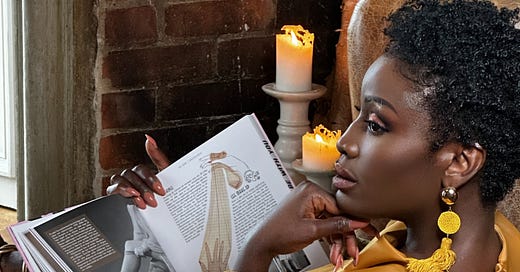





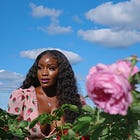
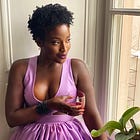

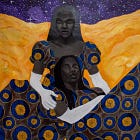
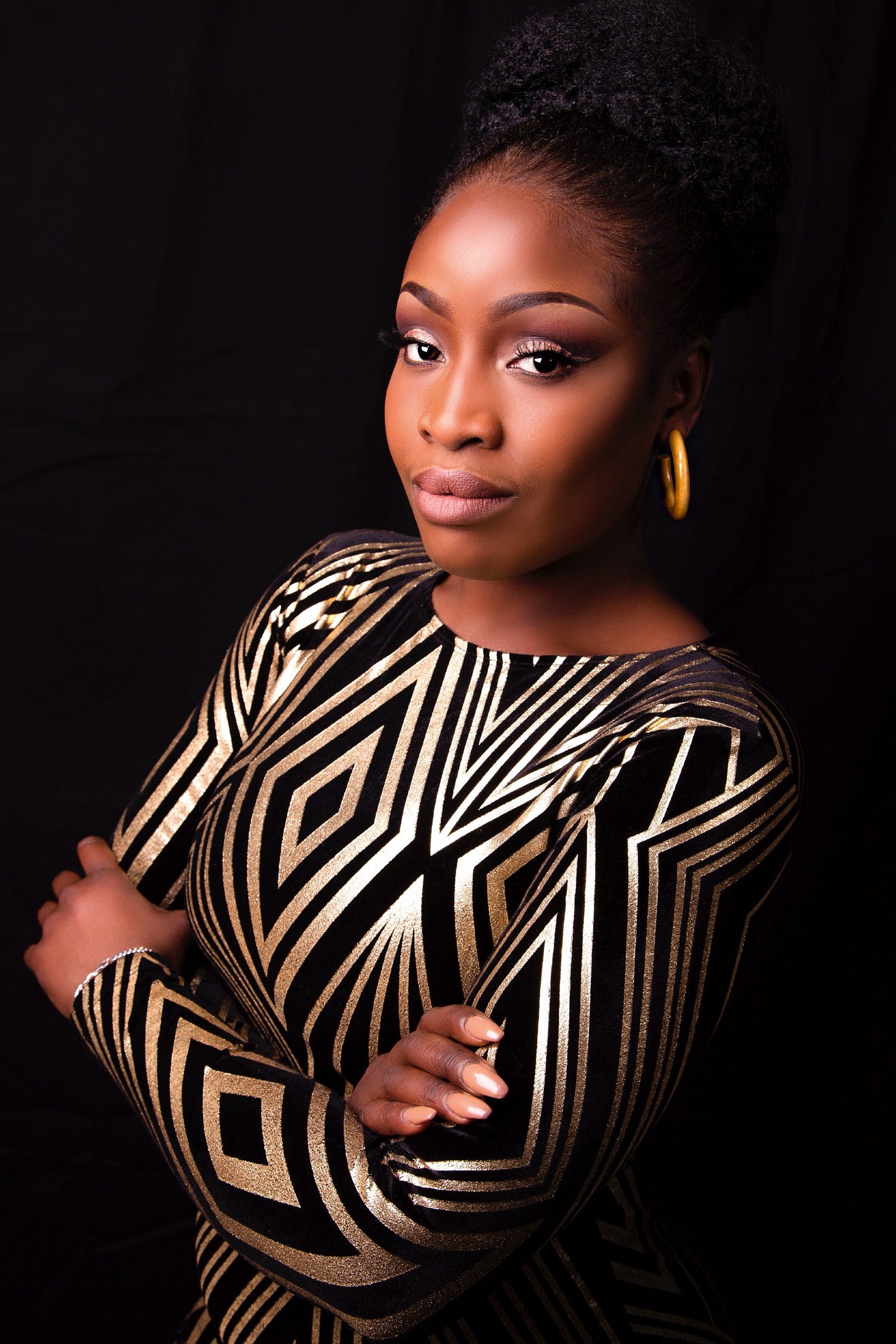
Don't mind me, just liking and getting caught up with your written work! I used to follow you on Twitter before I deactivated and now I follow you on LinkedIn. You put thoughts I have felt so articulately, with friends/relationship and work colleagues too.
I am in a deep pattern of reconfiguring a lot of my relationships since being late diagnosed with AuADHD. A LOT of people benefitted from me having poor boundaries and I am now learning how with the way I communicate said boundaries.
Thank you for your work and your words ❤️
This piece speaks volumes; it hit home in a profound way. I've learned some tough lessons, especially about being an emergency contact—people often reach out only when they need something. This year, I've started to set boundaries, and I can honestly say it's a work in progress, but I’m doing a great job!
For years, I was that friend who would check in, offer support, and help with whatever struggles my friends were facing. But when it was my turn to need support, I realized how empty I felt. The relationships I thought were deep turned out to be quite shallow. It felt like many were only checking in to see if I had opportunities for them or just to siphon my energy.
Interestingly, after reading your article, a childhood friend reached out. She never calls or texts, not even to wish me a happy new year. Instead, she just wrote to tell me how she’s struggling and needs support. Knowing the old me, I would have jumped in without hesitation. But this time, I paused and thought, “Nah, you only contact me when you’re in a bind.” It’s a big learning curve, but I’m really enjoying this new version of myself. Sure, it comes with its challenges and a bit of guilt, but hey, that’s what growth is all about!